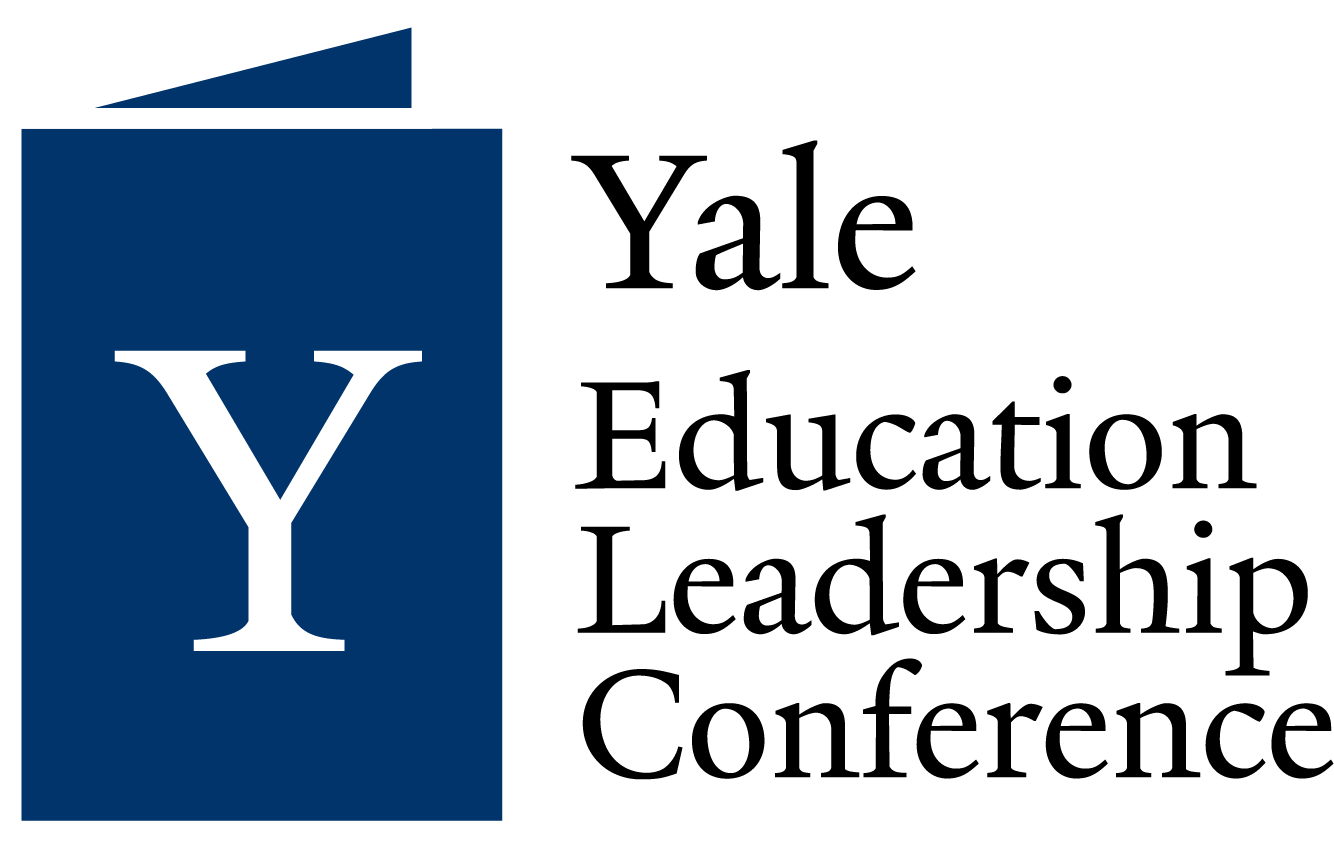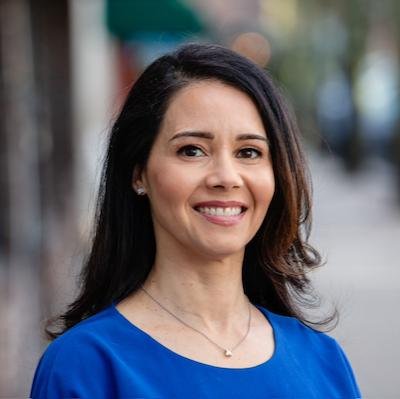Sessions & Speakers
Keynote Speakers
DR. MIGUEL A. CARDONA
Dr. Miguel A. Cardona served as the 12th U.S. Secretary of Education under President Joe Biden. With over 27 years in education, he has championed equity and access, from teaching fourth grade to leading America’s education system. Cardona’s key initiatives include academic recovery post-pandemic, mental health support, global competitiveness, and making college more affordable. Under his leadership, U.S. schools reopened successfully, $185 billion in student debt was forgiven, and student loan systems were reformed. His tenure saw record growth in student reading achievement, expanded apprenticeships for aspiring teachers, and increased school mental health resources. A first-generation college graduate, Cardona’s journey from bilingual educator to national leader exemplifies the power of public education. He holds multiple degrees from the University of Connecticut and Central Connecticut State University. Secretary Cardona and his wife Marissa, also an educator, are proud parents of two college students.
DR. LESLIE TORRES-RODRIGUEZ
Dr. Leslie Torres-Rodríguez is the Superintendent and CEO of Hartford Public Schools, where she leads a diverse district of 17,000 students across 42 schools. A proud alumna of Hartford Public High School and a native of Puerto Rico, she brings nearly three decades of experience as an educator, social worker, and systems-level change agent dedicated to advancing excellence, inclusion, and opportunity in public education.
Since becoming Superintendent, Dr. Torres-Rodríguez has driven record-breaking student achievement, including an 80% graduation rate and significant gains for multilingual learners and students with disabilities. Her leadership has secured strategic funds, expanded college and career pathways, modernized facilities, and redefined student-centered support systems.
Now in her eighth year as Superintendent, Dr. Torres-Rodríguez is the longest-serving female superintendent in Connecticut’s capital city. Her courageous leadership through the COVID-19 pandemic ensured continuity of learning, stability of operations, and unwavering support for students and families during a time of national crisis.
Dr. Torres-Rodríguez is a Broad Academy and Pahara Institute Fellow, an inaugural Google ASU/GSV Education Innovation Fellow, and a lecturer at Yale University. Her recognitions include the ALAS National Latino Administrators and Superintendent of the Year Award and Prospanica’s National Brillante Award for Educational Excellence. She serves on several boards, including Trinity College, Connecticut Children’s Hospital, and the American Heart Association, and is the President-elect of both the Connecticut and National Associations of Latino Administrators and Superintendents. She lives in Hartford with her husband and two sons, deeply rooted in the community she serves.




























